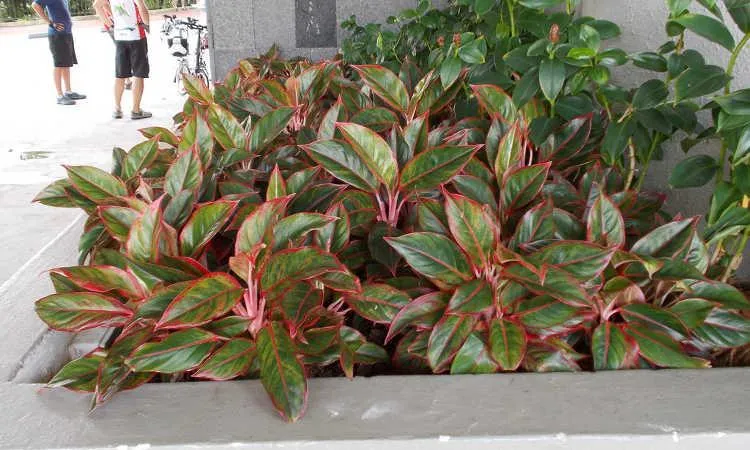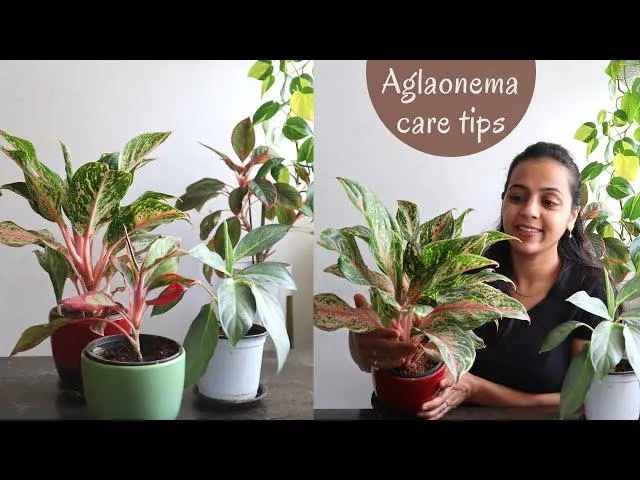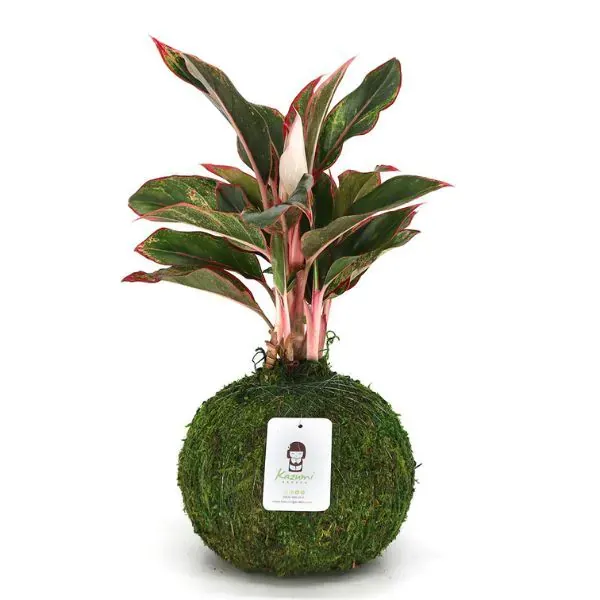How to Propagate Aglaonema Creta: A Complete Guide
If you’re reading this, chances are you want to multiply your aglaonema creta plants or start growing this lovely houseplant from cuttings. Well, you’ve come to the right place! In this article, I’ll cover everything you need to know about aglaonema creta propagation from taking cuttings to rooting them.
What is Aglaonema Creta?
Aglaonema creta, also known as Chinese evergreen, is a popular foliage houseplant prized for its colorful leaves. It features dark green leaves splotched with shades of silver, cream, and pink. Native to tropical areas of Asia, aglaonema creta thrives in medium to low light indoors. Its leaf pattern remains all year, giving this plant visual interest even when not in bloom.
Why Propagate Aglaonema Creta?
There are a few good reasons why you may want to propagate your aglaonema creta:
- To make more plants – Taking cuttings allows you to grow multiple new plants from just one mother plant.
- To replace dying plants – If an older aglaonema creta is looking unhealthy, cuttings let you restart with new, vigorous growth.
- To trade or gift plants to friends – Once rooted, cuttings make lovely houseplant gifts for others to enjoy aglaonema creta’s beauty too.
Selecting Cuttings
When choosing cuttings, select semi-hardwood stems that are 3-6 inches long with 3-4 nodes each. The nodes are where roots will develop. Avoid very soft new growth tips or very old, woody stems that are less likely to root. Use sterilized scissors or pruners to cut just below a node.

Preparing the Cuttings
To prepare cuttings for rooting, remove all but the top 2 sets of leaves. I like to trim leaves in half to reduce transpiration. Some recommend dipping stem ends in rooting hormone powder. In my experience, this isn’t always necessary for aglaonema creta but it can’t hurt! Rinse cuttings if using hormone to avoid residue on leaves.
Rooting Medium and Conditions
The ideal rooting medium for aglaonema creta cuttings retains moisture well while allowing good drainage. I’ve had the best results using a 50/50 mix of peat moss and perlite. Other options that work include vermiculite, coarse sand or gravel, or a seed-starting mix.
Place cuttings in the rooting medium so about 1/2 of the stem is buried. Maintain warm 75-80°F temperatures and humid conditions. I use a clear plastic bag or dome over trays of cuttings. Check soil moisture daily and water only when slightly dry to prevent rot.
Signs of Rooting and Potting On
Most aglaonema cuttings will root within 4-6 weeks if conditions are right. You’ll know it’s time to check for roots when new growth emerges from the node. Gently tug on cuttings—if resistance, roots have formed! Transplant rooted cuttings to pots with well-draining potting mix. Keep them moist and in bright, indirect light as they establish.

Potential Issues and What to Do
While aglaonema creta propagation is generally easy, a few problems can arise. Watch for mushrooms or mold—a sign of too much moisture. Improve air circulation. Cuttings that stay soft and don’t root may have issues—discard and take new cuttings. Mealybugs can hitchhike on cuttings—isolate and treat promptly if seen. Rotting at the stem base usually means conditions were too wet—prop up cuttings next time. Addressing any problems early usually leads to success. With a little time and TLC, you’ll be enjoying your new aglaonema creta plants in no time!
From my experience, propagation is the most rewarding way to enjoy more of this beautiful plant. I still recall the pride I felt when my very first aglaonema creta cuttings took root. The planting adventures that followed really brought my daughter and I closer through our shared love of green things. You know, most things worth doing in life require a bit of effort and waiting. But doesn’t the reward make it all worthwhile in the end? Wishing you the very best success in multiplying your own aglaonema creta plants through cuttings—let me know if you have any other questions!
Common Methods for Aglaonema Cretica Propagation
| Method | Timeframe | Success Rate | Materials Needed |
|---|---|---|---|
| Stem Cuttings | 6-8 weeks | 75-90% | Sharp, sterile blade or pruners, rooting hormone, potting mix |
| Leaf Cuttings | 8-12 weeks | 50-75% | Healthy leaf, moist soil or water, plastic bag |
| Division | Immediate | 90-100% | Sharp, sterile blade or pruners, pots |
| Tissue Culture | 6-12 months | 80-95% | Lab equipment, sterile conditions, growth hormones |
| Seed Propagation | 6-12 months | 30-50% | Fresh seeds, sterile potting mix, humidity |
FAQ
-
What is aglaonema creta propagation?
Basically, aglaonema creta propagation is how you make more aglaonema creta plants. It refers to the different methods used to grow new aglaonema creta plants from existing ones.
-
What are the common propagation methods?
The main propagation methods for aglaonema creta include division, stem cuttings, and leaf cuttings. Division involves separating offshoot plants from the mother plant’s root ball. Stem cuttings require taking stem cuttings and rooting them in water or soil. Leaf cuttings involve rooting leaf cuttings in moist soil.

-
When is the best time to propagate?
Most sources agree that late spring to early summer is generally the best time to propagate aglaonema creta. At this time, the plants are actively growing and have ample energy reserves to produce roots. However, some gardeners say propagation can be attempted in other seasons as well with success, so perhaps spring and summer are not the only times.
-
How long does it take for new plants to develop?
The length of time it takes for new aglaonema creta plants to develop from propagated cuttings can vary depending on factors like method used and growing conditions. However, as a basic estimate, stem cuttings usually take around 4 to 6 weeks to grow roots and leaf cuttings may take 6 to 8 weeks. Division plants may be ready a bit sooner at around 3 weeks. Patience is key.
-
What is the success rate of propagation?
Aglaonema creta has a fairly good rate of success for propagation compared to some other houseplants. Division seems to have the highest rate of around 80-90% if done properly. Stem cuttings typically root at 70-80% if given optimal care. Leaf cuttings have a somewhat lower rate of 50-70% depending on time of year. Following tried-and-true methods increases the chances of propagation working.
-
Any tips for best results?
Some tips include using healthy mother plants, sterilizing tools, removing any diseased plant parts, allowing cuttings tocallus, providing high humidity, using well-draining potting mix and patience. It’s also worth mentioning that factors like temperature, moisture and light levels all affect rooting; ideal conditions are warm, humid and semi-shaded. But who knows, maybe your green thumb will overcome less than perfect conditions!

